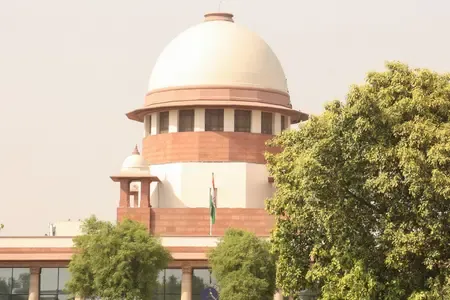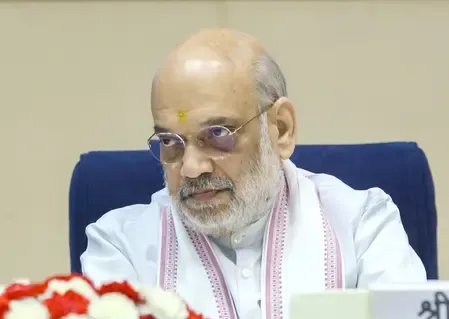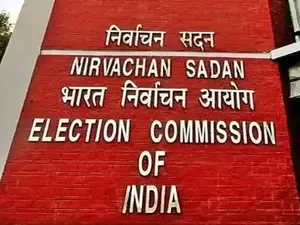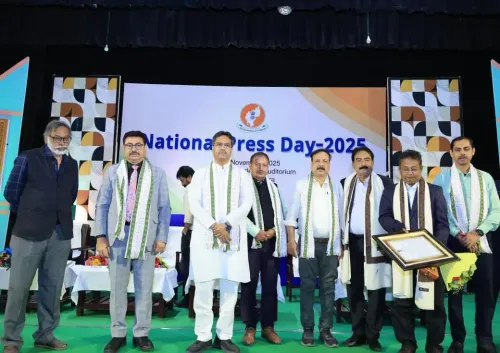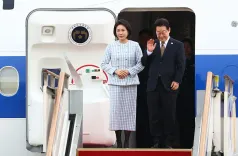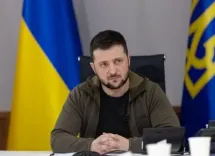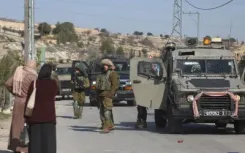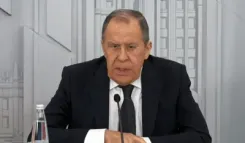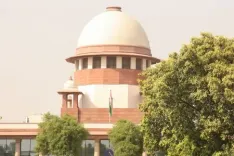Did Chidambaram Favor Military Action After 26/11?
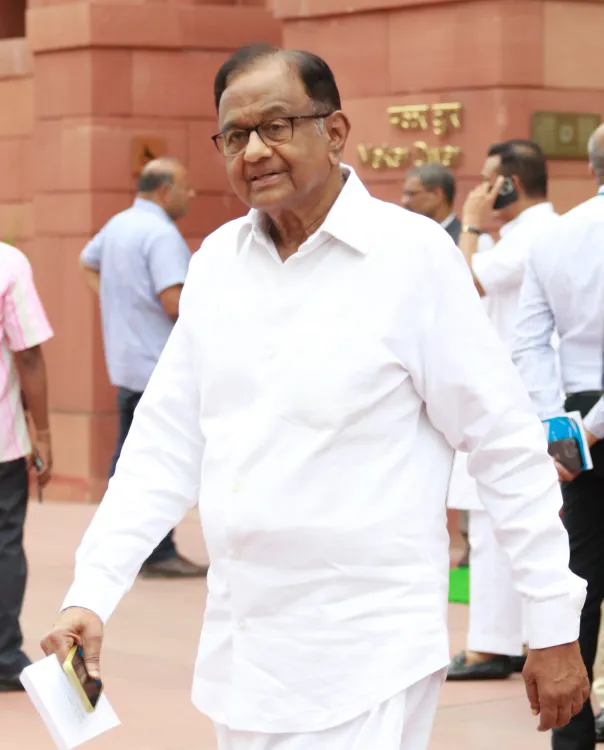
Synopsis
Key Takeaways
- Chidambaram's initial inclination for military action after the 26/11 attacks.
- Significant influence of international pressure on India's response.
- Reluctance to leave the Finance Ministry for the Home Ministry.
- Acknowledgment of limited knowledge regarding India's security framework.
- Rejection of claims that the government was soft on terrorism.
New Delhi, Oct 1 (NationPress) Former Union Home Minister P. Chidambaram disclosed that following the 26/11 Mumbai terror attacks, he was in favor of taking military action against Pakistan, but was advised to focus on diplomatic solutions.
In a revealing interview with the ABP News channel, he elaborated on the decision-making process within the then government and the significant impact of international diplomatic pressures, especially from the US, on India's response.
Chidambaram recounted stepping into the role of Home Minister on November 30, 2008, immediately after the attacks and the resignation of Shivraj Patil.
“I took over as Home Minister the day after the attack. Prime Minister Dr. Manmohan Singh called me to switch from Finance to the Home Ministry. Initially, I was hesitant, but it was conveyed that Mrs. Gandhi, then Congress president, had already made the decision. I requested to speak with her, but was informed she was unavailable. I was instructed to assume charge the next morning,” Chidambaram explained.
The veteran Congress politician expressed his reluctance to leave the Finance Ministry. “I conveyed my preference to finish my term as Finance Minister, having presented five budgets, with elections approaching in April 2009. However, I was told that the party needed to move forward with the decision. I eventually agreed, albeit reluctantly,” he noted.
During the interview, he acknowledged his unfamiliarity with India's security apparatus at that time. “I entered the role without prior knowledge,” he remarked, admitting he was unaware of the intelligence resources available in Pakistan and adjacent areas.
The former Home Minister also confessed that the idea of retaliation had crossed his mind. “I considered that we should take some form of retribution. I discussed this with the Prime Minister and other key officials. Dr. Manmohan Singh and I deliberated on this during the ongoing attack, and the eventual consensus was heavily influenced by the MEA and the IFS that we should refrain from a military response, opting instead for diplomatic channels,” he said.
Chidambaram highlighted that the decision to exercise restraint was made under intense global pressure. “The conclusion was reached amid significant international pressure urging us not to initiate a conflict,” he stated.
He mentioned that then US Secretary of State Condoleezza Rice visited Delhi to meet with him and the Prime Minister, imploring India not to respond with military force.
Regarding comparisons with ‘Operation Sindoor’, he remarked, “You cannot compare 2008 with 2025; 17 years have passed, and many changes have occurred. The readiness of our defense forces and the positioning of intelligence assets were markedly different in 2008, which I learned in the weeks and months following my appointment. Thus, we needed to enhance our resources and preparedness.”
He dismissed accusations that the Manmohan Singh administration was “lenient on terror.”
“We did not retaliate… My personal belief was that we should have, but I do not make decisions based solely on my views. I must consider the government's strengths and weaknesses,” concluded the former minister.

